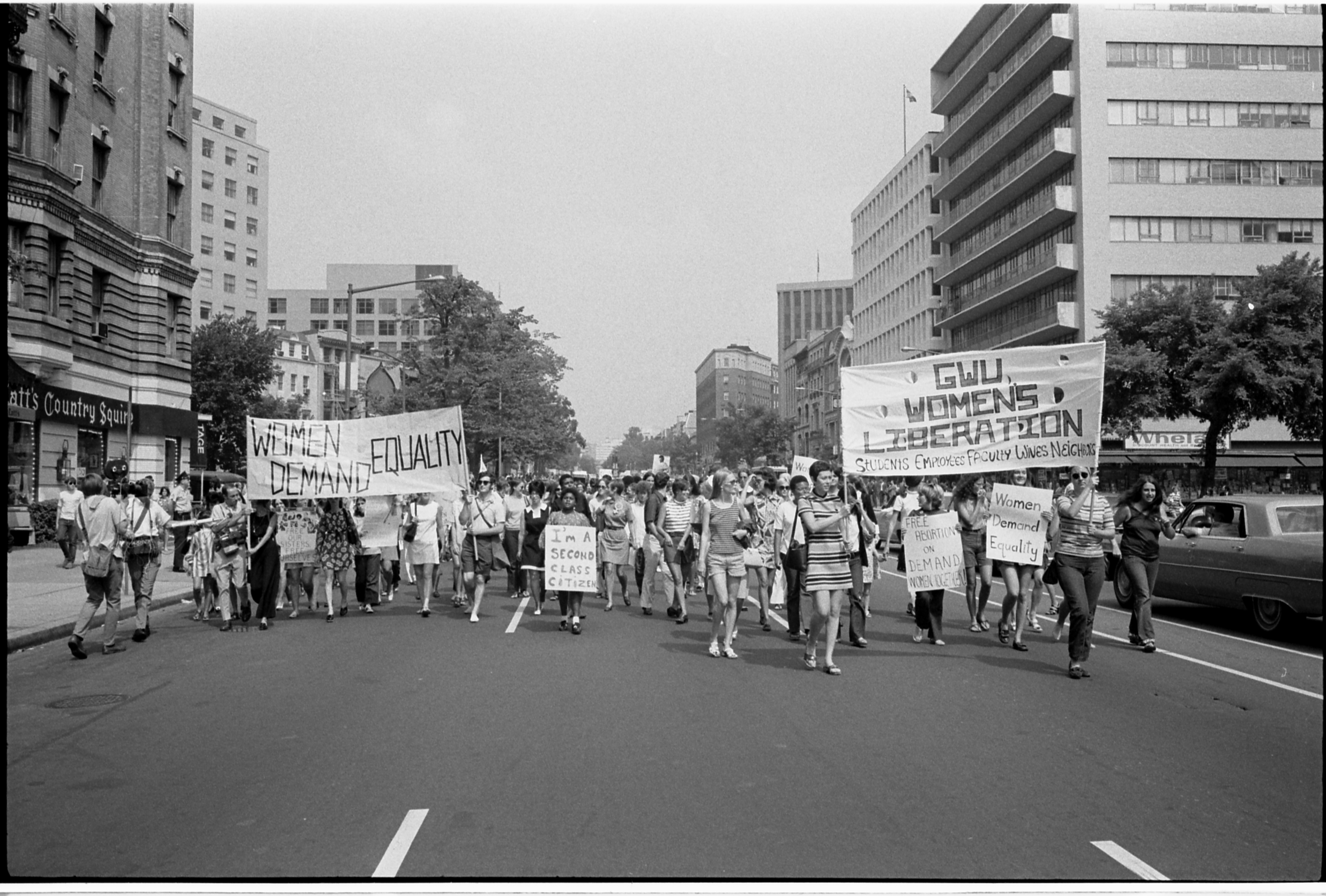The all-Republican Texas Supreme Court on Friday ruled that abortion providers can’t sue state officials to block Senate Bill 8, which bans abortion at roughly six-weeks with no exceptions for rape or incest. The unanimous decision closed the narrow pathway to challenge the law left open by the U.S. Supreme Court last December after the Court dismissed most of the providers’ lawsuit against Texas. The law, which went in effect on September 1 last year, will stay in effect for the foreseeable future.
“We are in a moment of crisis not only for reproductive rights but for our justice system and the rule of law,” says Nancy Northup, president and CEO of the Center for Reproductive Rights. “With this ruling, the sliver of this case that we were left with is gone. An unconstitutional ban on abortion after six weeks continues unchecked in the state of Texas. The courts have allowed Texas to nullify a constitutional right.”
The issue before the Texas Supreme Court was whether state medical licensing officials could enforce S.B. 8. The Court ruled these officials have no enforcement authority “either directly or indirectly” so they can’t be sued.
“This case is effectively over,” says Marc Hearron, senior counsel at the Center for Reproductive Rights who argued the case. “With today’s ruling, Texas abortion providers will continue to be threatened with an onslaught of lawsuits if they were to violate Texas’s blatantly unconstitutional six-week ban. And that will continue to chill the provision of abortion care throughout the state.”
The Texas law authorizes private individuals to enforce the law by suing health care providers who perform prohibited abortions or anyone who “aids and abets” another person to obtain one. The law rewards successful plaintiffs “at least $10,000” plus attorney fees and blocks defendants who win cases from getting legal fees. By barring state officials from enforcing the law, Texas lawmakers sought to bypass constitutional abortion rights guaranteed by the 14th Amendment, which only applies to state action not private action.
The U.S. Supreme Court has twice refused to block the law while courts reviewed the case. Then in Whole Woman’s Health v. Jackson last December, a 5-4 majority of the Court ruled abortion providers could not bring suit against state judges and clerks or the state Attorney General to block the law. The Court allowed only a narrow portion of the case to proceed against the Texas Medical Board and other licensing authorities. In a separate lawsuit, the Court dismissed a challenge filed by the U.S. Department of Justice to block the law.
At the time, Justice Sotomayor wrote a searing dissent to the Supreme Court’s. “The Court should have put an end to this madness months ago, before S. B. 8 first went into effect. I dissent from the Court’s dangerous departure from its precedents, which establish that federal courts can and should issue relief when a State enacts a law that chills the exercise of a constitutional right and aims to evade judicial review. By foreclosing suit against state-court officials and the state attorney general, the Court effectively invites other States to refine S. B. 8’s model for nullifying federal rights. The Court thus betrays not only the citizens of Texas, but also our constitutional system of government.”
In the month after the law went into effect on September 1, the number of abortions at Texas clinics dropped by over half from the previous September—from 4,511 to 2,164. The average one-way driving distance for Texans to reach an abortion clinic went from 17 miles to 247 miles—a 14-fold increase. Clinics in neighboring states reported overwhelming numbers of patients coming from Texas. Others ordered abortion pills online.
At a press conference about the Texas Supreme Court decision, former Texas Representative Wendy Davis explained the impact of the law on people in Texas.
“We know that there’s been a tremendously disproportionate impact on people who are financially challenged, which tends to include more people of color than anyone else,” says Rep. Davis. “We know that it’s had a disproportionate impact on people who already have children. In Texas, more than 60 percent of people who seek abortion have at least one child. The inability to access childcare, to leave work, to travel to another state—all of those impediments have meant that people who are least able to afford having another child are those who are being forced to do so.”
At least 10 states are now considering bills copying Texas S.B. 8. In Oklahoma—where many Texans have sought abortion health care over the last six months—lawmakers on Thursday passed a Texas-style ban on abortion.
“The situation is becoming increasingly dire, and now neighboring states—where we have been sending patients—are about to pass similar bans,” says Amy Hagstrom Miller, president and CEO of Whole Woman’s Health and Whole Woman’s Health Alliance. “Where will Texans go then? The more states that pass these bans, the harder it will be for anyone in this region to get abortion care.”
Rep. Davis expressed fear about the future of abortion rights as the Supreme Court is poised to rule in Dobbs v. Jackson Women’s Health Organization currently pending before the Court. The case involving a Mississippi abortion ban is a direct challenge to Roe v. Wade.
“If you listen to the U.S. Supreme Court hearing a couple of months ago on this issue, it became really clear, really quickly, that a majority of these justices are poised to overturn Roe entirely. I think it will happen. And I think it will happen in June,” says Rep. Davis. “What will the consequences of that look like? We already know because we have been living that world essentially in Texas for the last six months.”


